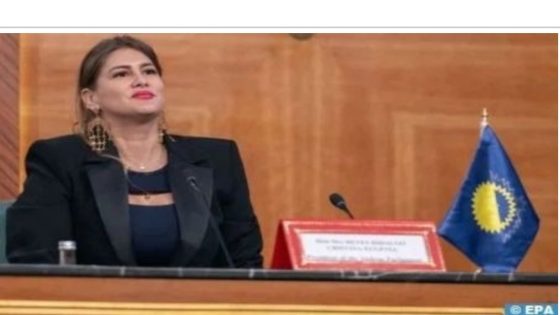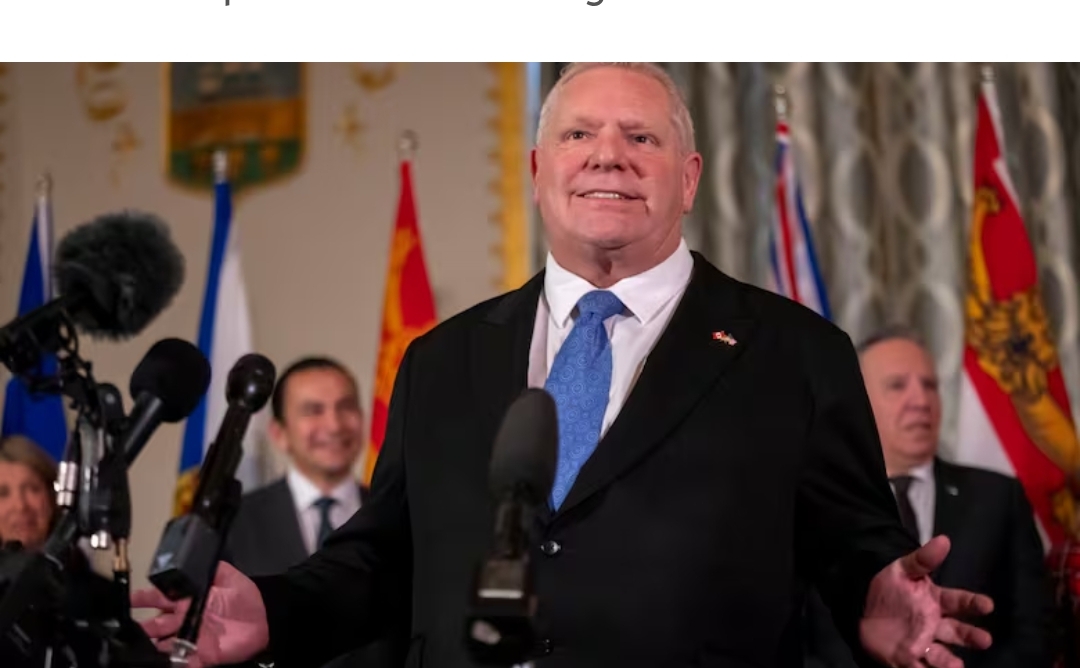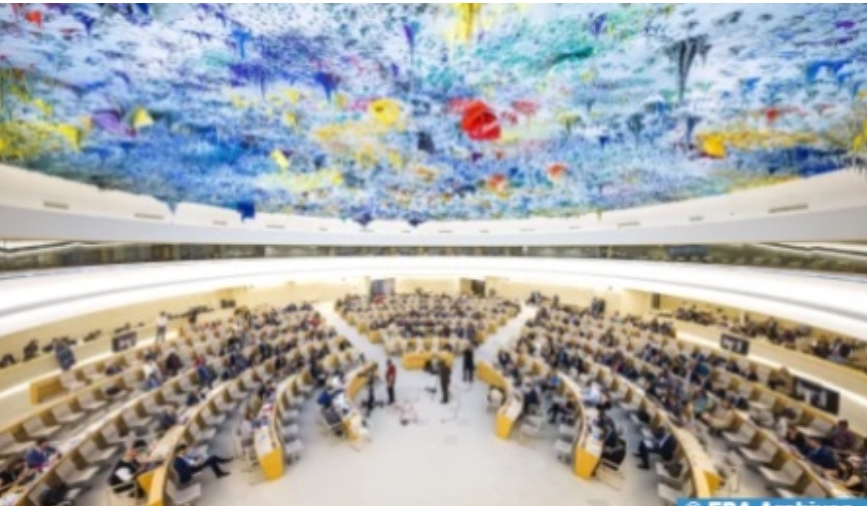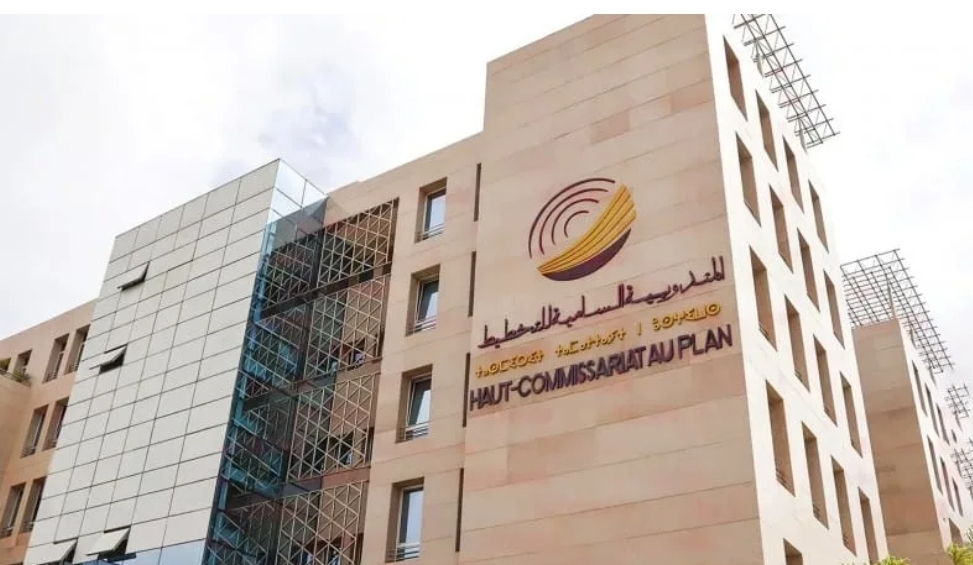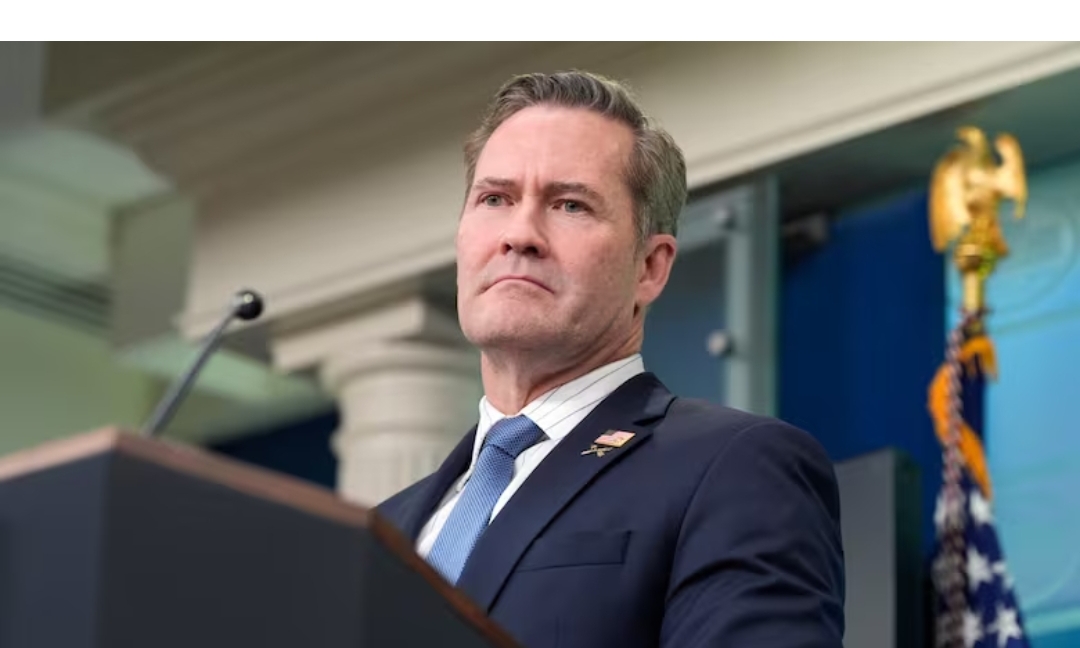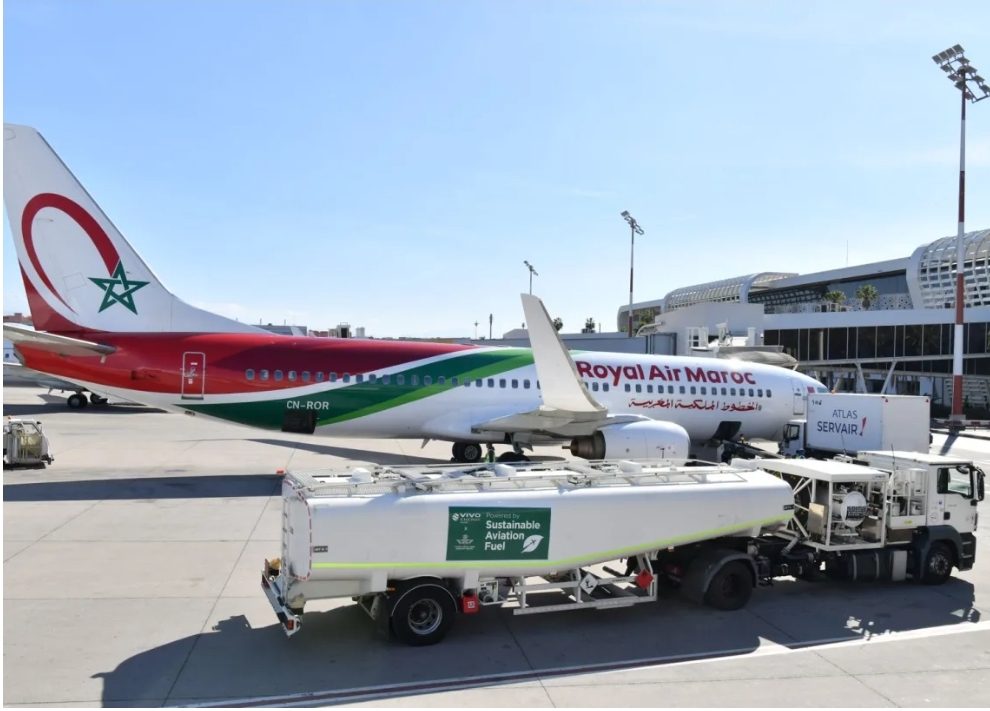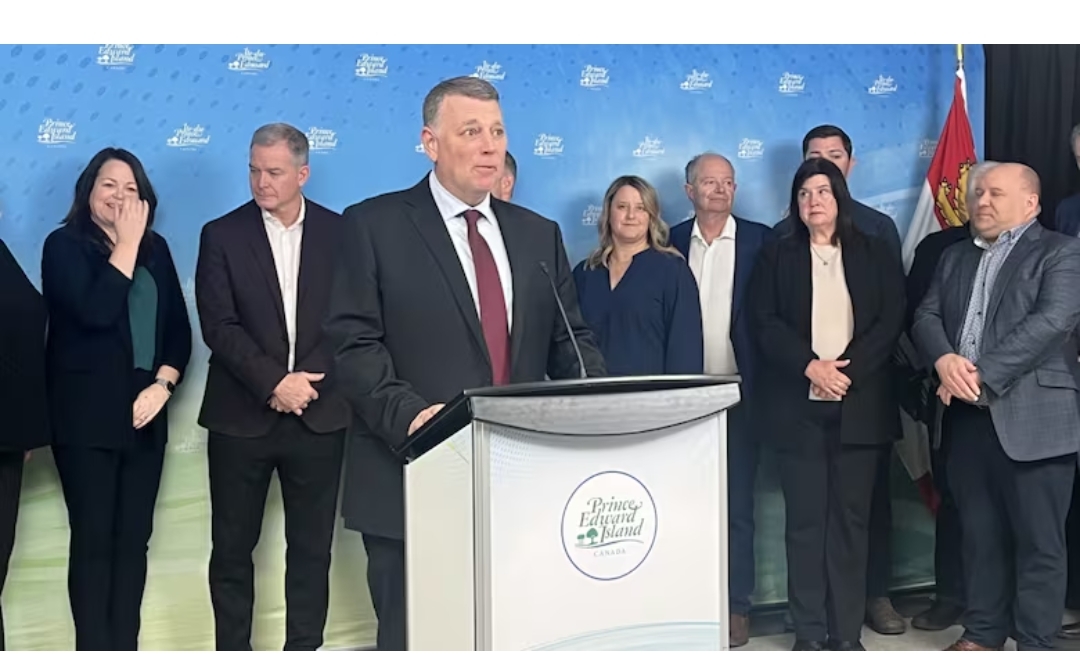Assahafa.com
The Moroccan Sahara issue is no longer on the agenda at the African Union, as the 37th Summit of Heads of State and Government, the supreme body of the pan-African institution, made no reference or quotation on the national question, said Minister of Foreign Affairs, African Cooperation and Moroccan Expatriates, Nasser Bourita.
Since Morocco’s return to the African Union under the enlightened leadership of HM King Mohammed VI, and following Decision 693 on the question of the Moroccan Sahara, adopted unanimously at the Nouakchott Summit in 2018, the question of the Moroccan Sahara is no longer submitted to the African Union, i.e. is no longer on the agenda, reaffirmed the Minister in a statement to the press on the occasion of the 37th Summit of the Union, which wrapped up on Monday.
Decision 693 on the Moroccan Sahara issue, adopted unanimously at the 2018 Nouakchott Summit, underlines the exclusive competence of the United Nations over the national question.
All the reports of this 37th session of the AU Summit did not contain any quotation or reference to the question of the Moroccan Sahara, added the Minister, who represented HM King Mohammed VI at the Summit.
Similarly, the speeches by the African Union Presidency and Commission made no reference to this issue, which falls within the exclusive remit of the UN.
The speeches by the African Union Presidency and Commission focus on the real problems of the Continent, and not on the artificial and contrived conflicts that aim to create divisions and set the continent back, said Bourita.
The 37th Summit of the African Union takes place in a context marked by several important strategic initiatives launched in recent months by HM King Mohammed VI, providing responses to several challenges facing the African continent, underlined the Minister.
In particular, the Minister cited the Royal Initiative on the African Atlantic coast, which aims to make this area an opportunity for development, peace and stability on the African continent.
This royal initiative concerns 23 countries with an Atlantic coastline and aims to make this region a space for cooperation, coordination and development, added Bourita.
Source: map


